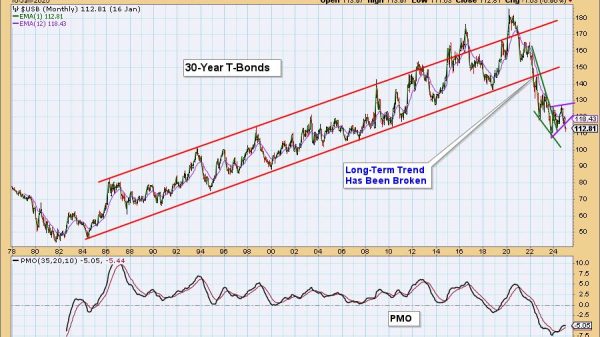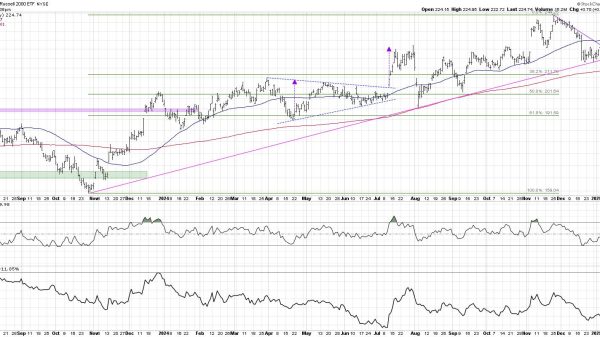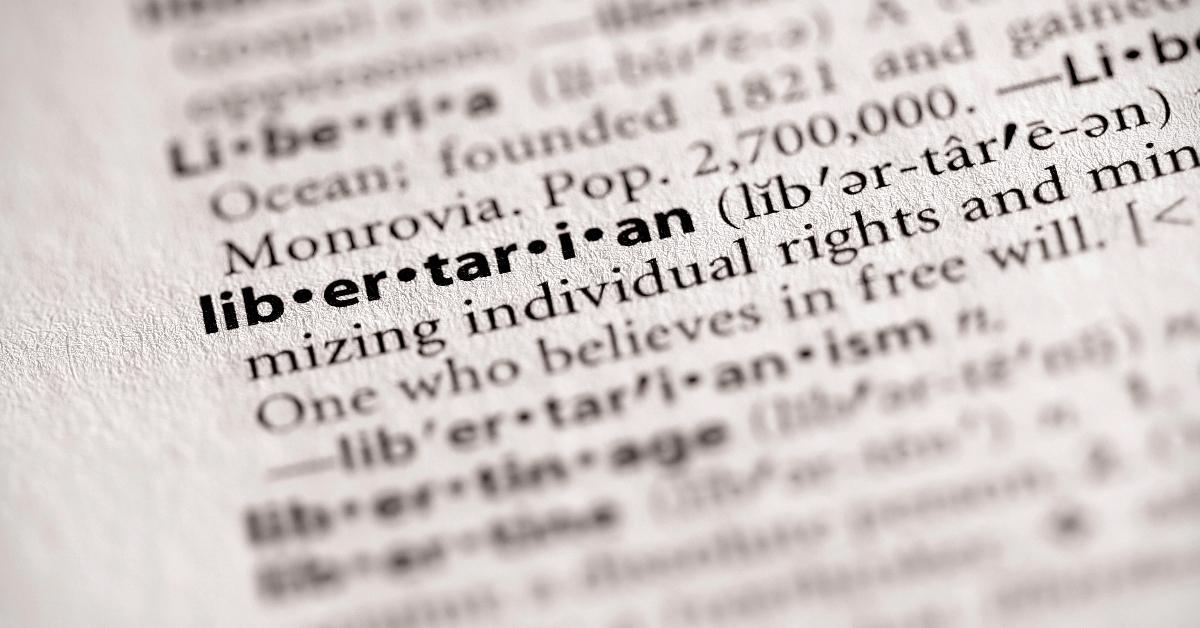The Economist reported on August 14, 2023, that “Argentina could get its first libertarian president.” They added that Javier Milei, the winner of Argentina’s election primary was, imagine this, a “free-market radical.” The problem, as I see it, is that few people actually know what a libertarian is, just like few people in America who call themselves “socialists” actually know what socialism is.
When I was young, I thought I was a liberal. Then I thought I was a conservative. I believed that if you were a liberal you were more likely to be a Democrat, and if you were conservative, you were more likely to be a Republican. I sometimes voted for Republicans, but on a few occasions, I voted for Democrats or third-party candidates. Sometimes I didn’t vote at all. The world was divided (at least in my mind) into three political camps: those on the left, those on the right, and those in the middle.
As I grew older and my understanding of things in general (and history, politics, and economics in particular) became more complete, I struggled with this one-dimensional paradigm: it just didn’t fit the facts and explained almost nothing.
Where, for example, did Adolf Hitler and Joseph Stalin fit in this one-dimensional left-right model? Most liberals would argue that Hitler was on the right and usually fall silent when Stalin is brought up. But to my way of thinking, there wasn’t a dime’s worth of difference between Hitler and Stalin. They were both brutal dictators. How could one be labeled “far right” while the other (at least in the eyes of conservatives) was “far left”? Could you travel so far to the left that you would meet with someone on the extreme right?
In due course I discovered a better model, one that more accurately describes the political/economic landscape. Replacing the one-dimensional left-right model is a two-dimensional model like the one below.
The two variables (or dimensions) are personal freedom and economic freedom—measured from 0 to 100. As a rule, conservatives tend to score higher on economic freedom than liberals, but liberals generally score higher on issues related to personal freedom. Liberals, for example, would more likely favor legalizing marijuana for medical use than traditional conservatives.
On the other hand, conservatives would more likely support reductions in corporate tax rates than liberals. A “typical” conservative might score a 40 on the personal freedom axis but a 70 on the economic freedom axis. A liberal might reverse roles, scoring just 40 on economic freedom but 70 on personal freedom.
What about Hitler and Stalin? They would no doubt score extremely low on both measures of freedom. One can safely place them in the authoritarian camp—scoring as low as 10 on both counts—or even lower.
At the other end of the spectrum—one that many liberals and not a few conservatives ignore—are the libertarians. They score high on both economic and personal freedom—typically 75 or more on each! Libertarians are the polar opposites of authoritarians and don’t fit well in either the liberal or conservative camps. Libertarianism taken to its extreme leads to anarchy—the absence of all laws. We could say that anarchists would score a perfect 100 on both measures of freedom. Authoritarianism taken to its extreme leads to the absence of all freedom—a prison-like state.
Of course, this prompts the following question: Where does socialism fall within this framework?
To answer that question, one must first define the term. Murray Rothbard explains in Man, Economy, and State with Power and Market:
Socialism—or collectivism—occurs when the State owns all the means of production. It is the compulsory abolition and prohibition of private enterprise, and the monopolization of the entire production sphere by the State. Socialism, therefore, extends the principle of compulsory governmental monopoly from a few isolated enterprises to the whole economic system. It is the violent abolition of the market.
He concludes by writing that “the Nazi and Fascist regimes were as socialist as the Communist system that nationalizes all productive property.” Using Rothbard’s definition, we can readily see that socialism (and communism) would score low on economic freedom. But what about personal freedom?
According to Wisevoter, the five “freest countries in the world” are, in order, Switzerland, New Zealand, Denmark, Estonia, and Ireland. They explain that “these countries consistently rank high in terms of personal, civil, and economic freedoms. They have well-established legal systems, robust protection of individual rights, and strong market-oriented economies.” Presumably, they would score high on both personal and economic freedom.
The same source lists the five “least free [noncommunist] countries” in the world as Syria, Venezuela, Yemen, Sudan, and Egypt. They explain that “these countries face various obstacles that hinder the realization of individual freedoms and human rights, affecting the well-being and liberties of their populations.”
For example, according to Ahmed Khalifa on the Mises Wire, Egypt is considered “a former socialist state and a country where the tentacles of Marxism can still be found, buried deep within almost every institution. . . . Once the seeds of socialism are sowed, it’s very hard to get rid of their poisonous fruits, even after many decades.”
I think it is not unreasonable to conclude that a nation that scores low on economic freedom will as a result score low on personal freedom. The Human Freedom Index, published jointly by the Cato Institute and the Fraser Institute, shows a strong correlation between economic and personal freedom. The results of the Index show that “countries with freer economies, by and large, tend also to enjoy greater personal freedom.” It notes that “‘legal system and property rights’ stands out as the most important group of indicators within the Economic Freedom Index.”
I have discovered, to my chagrin, that many Americans are, in fact, authoritarians. They pay lip-service to the notion of freedom, but what they really want is less freedom and more government. They see government as the answer to all society’s problems, even though history has shown time and again that government often is the problem.
The libertarian wants the many to make decisions for themselves; the authoritarian wants the few to make decisions for the many. What about you? Find out if you are a libertarian by going to this website and taking a short quiz.























